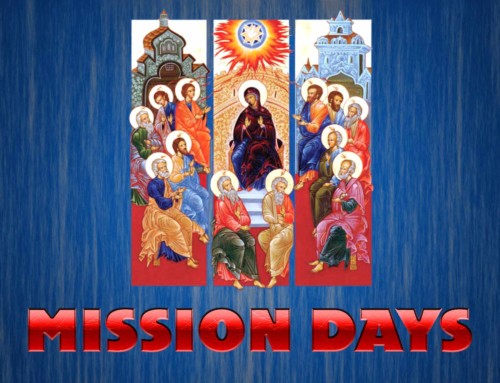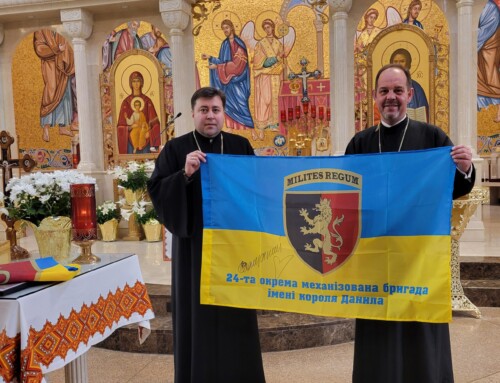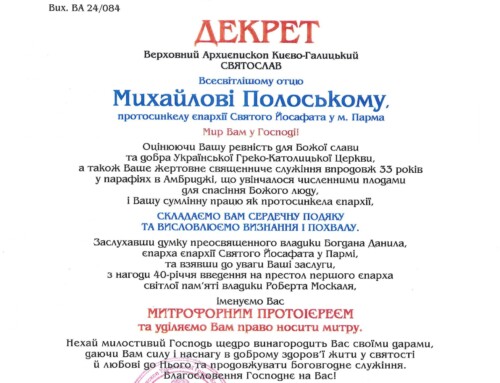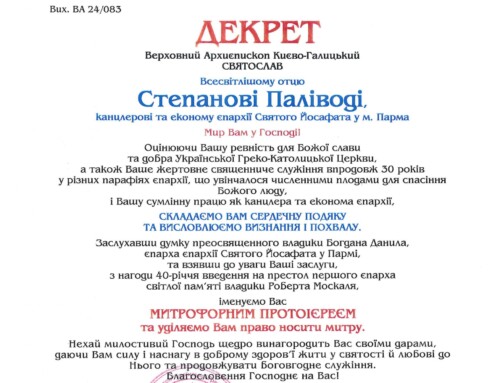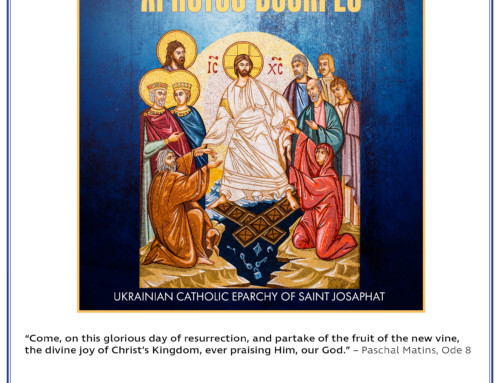CATHOLIC CONFERENCE OF OHIO
December 16, 2020
Dear Brothers and Sisters in Christ,
In recent days, we have entered another stage in addressing the global pandemic. While cases rise to new levels, vaccines approved by the US Food and Drug Administration are on the horizon. Both of these issues raise questions and concerns. Of particular concern to many Catholics are various issues related to application of the Church’s moral teaching to the development, distribution, and reception of vaccines. We take this opportunity to outline the most important principles.
Any vaccine must be developed in a morally acceptable manner. This means that the development must respect all human life, created in the image and likeness of God, from conception to natural death. We know that cell lines derived from babies aborted many decades ago have been used and, in some cases, continue to be used at various stages of development of some vaccines. Taking innocent human life to harvest such cells and create cell lines which can be scientifically propagated over time is morally unacceptable. However, “as for the question of the vaccines that used or may have used cells coming from voluntarily aborted fetuses in their preparation, it must be specified that the ‘wrong’ in the moral sense lies in the actions, not in the vaccines or the material itself” (Note on Italian Vaccine Issue of the Pontifical Academy for Life, July 31, 2017). The Academy concludes, “The technical characteristics of the production of the vaccines most commonly used in childhood lead us to exclude that there is a morally relevant cooperation between those who use these vaccines today and the practice of voluntary abortion. Hence, we believe that all clinically recommended vaccinations can be used with a clear conscience and that the use of such vaccines does not signify some sort of cooperation with voluntary abortion.”
Catholics are obliged to advocate for vaccine development to be done in a morally acceptable manner throughout every stage. This remains true even when, for the common good and lack of an available alternative, we feel compelled to receive a vaccine the production of which is in some way linked to morally unacceptable means.
The vaccines developed by Moderna and Pfizer to combat COVID-19 may be taken without moral reservations. The Chairmen of the US Bishops’ doctrine and pro-life committees said in a November 23, 2020, statement that it is not immoral to be vaccinated with the vaccines being developed by Moderna and Pfizer. They went on to say in the statement, “Neither the Pfizer nor the Moderna vaccine involved the use of cell lines that originated in fetal tissue taken from the body of an aborted baby at any level of design, development, or production…They are not completely free from any connection to abortion, however, as both Pfizer and Moderna made use of a tainted cell line for one of the confirmatory lab tests of their products. There is thus a connection, but it is relatively remote.” The statement goes on to reference Vatican documents relevant to this issue from the Congregation for the Doctrine of the Faith and the Pontifical Academy for Life. They conclude by stating, “These documents all point to the immorality of using tissue taken from an aborted child for creating cell lines. They also make distinctions in terms of the moral responsibility of the various actors involved, from those involved in designing and producing a vaccine to those receiving the vaccine. Most importantly they all make it clear that, at the level of the recipient, it is morally permissible to accept vaccination when there are no alternatives and there is a serious health risk.”
Catholics are also obliged to advocate for the just distribution of a vaccine so that those most vulnerable may have access. It is often the communities which are poor and without adequate resources that are hit hardest by disease due to lack of financial wherewithal (including insurance) or medical resources. Any distribution plan must take this disparity into account and correct for it.
As the situation continues to unfold and more information becomes available the bishops and Catholic medical ethics experts will continue to monitor and evaluate the morality of options available to us. We pray that the Lord will guide us as we strive for the common good of all in limiting the spread of serious disease.
Sincerely yours in Christ
Most Rev. Dennis M. Schnurr
Archbishop of Cincinnati
Most Rev. Robert J. Brennan
Bishop of Columbus
Most Rev. Jeffrey M. Monforton
Bishop of Steubenville
Rev. Msgr. Robert Siffrin
Diocesan Administrator of Youngstown
Most Rev. Edward C. Malesic
Bishop of Cleveland
Most Rev. Daniel E. Thomas
Bishop of Toledo
Most Rev. J. Michael Botean
Romanian Eparchy of Canton
Most Rev. Bohdan J. Danylo
Ukrainian Eparchy of St. Josaphat
Most Rev. Milan Lach, SJ
Byzantine Eparchy of Parma
Further information can be found in the monthly column by Father Tad Pacholczyk of the National Catholic Bioethics Center titled Making Sense of Bioethics. His column can be found at this link: https://www.fathertad.com/writings/making-sense-bioethics/

